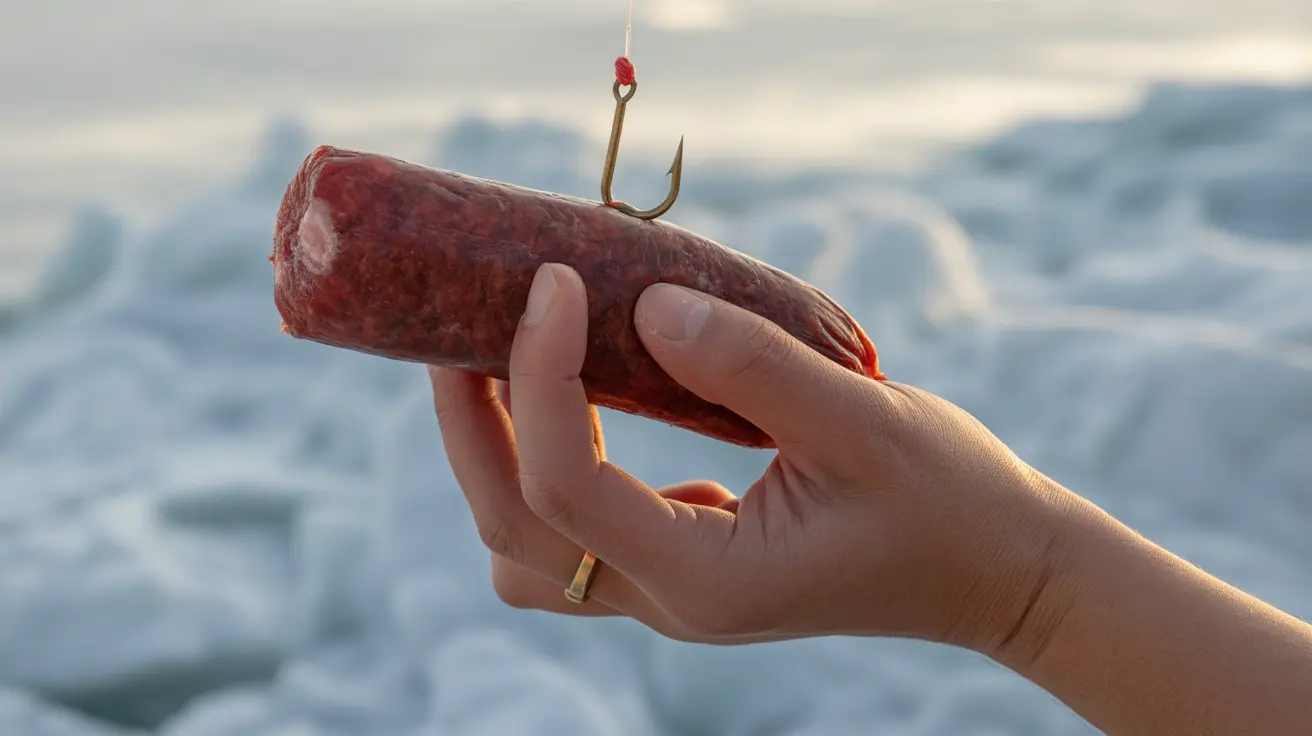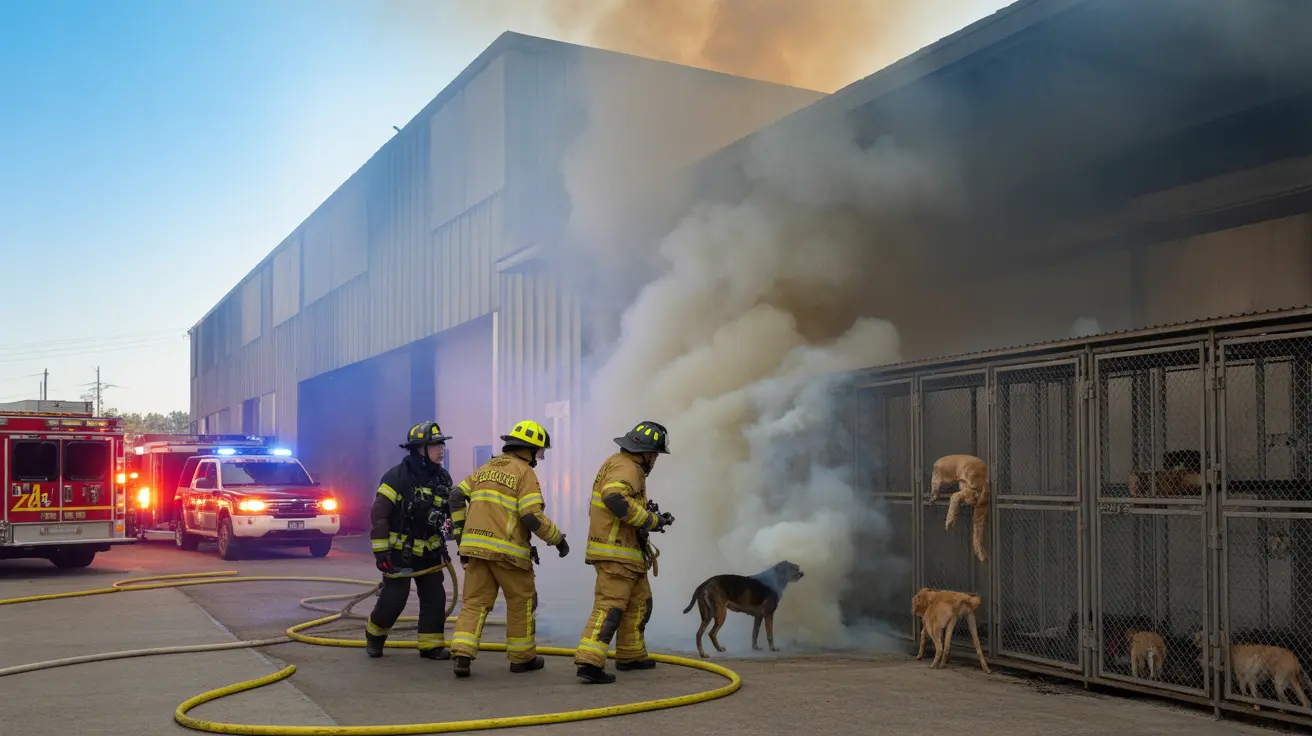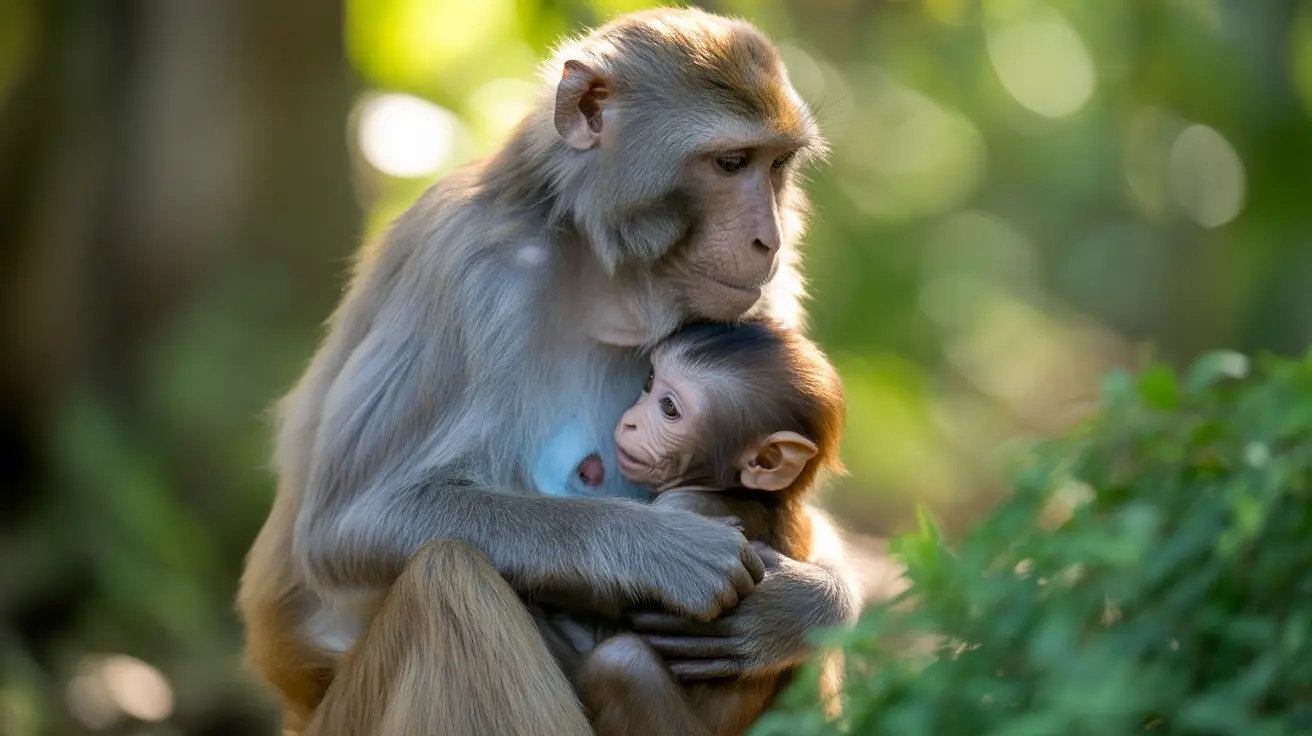How Dogs Get Unstuck After Mating: Understanding the Copulatory Tie
If you've ever witnessed dogs mating, you might have been surprised (or even alarmed) to see them become physically stuck together for several minutes. This phenomenon, known as the copulatory tie, is a normal part of canine reproduction. Let's explore why it happens, what you should do if you see it, and how dogs eventually get unstuck.
The Science Behind the Tie
During mating, a unique process occurs in dogs that doesn't happen in most other mammals. After the male mounts the female and initial semen deposition takes place, a part of his penis called the bulbus glandis swells dramatically inside the female's vagina. Simultaneously, her vaginal muscles contract around this swollen area. The result is a tight lock that keeps both dogs connected rear-to-rear for anywhere from five to forty-five minutes (though it's usually closer to ten to twenty minutes).
- The tie increases the chance of successful fertilization by helping semen stay inside the female.
- This process is completely natural and not usually painful for either dog.
What Happens During Separation?
The tie ends when two things occur: the swelling in the male's bulbus glandis reduces and the female's vaginal muscles relax. As these changes take place, the dogs can gently separate on their own. No human intervention is required—or recommended.
- The duration of the tie varies with each pair of dogs and can be influenced by their experience, anxiety levels, or environment.
Common Concerns for Owners
First-time breeders or pet owners often worry when they see their dogs stuck together after mating. Sometimes one or both dogs may yelp or seem anxious during this time. Usually, this is due to unfamiliar sensations rather than pain or injury.
- Never attempt to forcefully separate dogs during a tie. Doing so can cause serious injuries—tearing delicate tissues in both animals.
- If either dog appears extremely distressed or if the tie lasts more than an hour, consult a veterinarian for advice.
How Should You Respond?
- Keep both dogs calm and quiet. Speak softly and avoid sudden movements or loud noises that might startle them.
- Prevent them from pulling away from each other or panicking—this helps avoid accidental injury.
If you're worried about how long it's taking, remember that most ties resolve naturally within 10–20 minutes. Rarely does it last longer than 45 minutes; if it does, veterinary help may be needed.
What Not To Do
- Don't use water, objects, or physical force to try to break up a tie.
- Avoid creating excitement or stress in their environment while they're tied together.
Tie Duration and Pregnancy
The presence or length of a copulatory tie doesn't guarantee pregnancy. Successful conception depends on many factors: timing within the heat cycle, fertility of both animals, and overall health. Sometimes pregnancy occurs even without a noticeable tie at all!
If You Want to Prevent Pregnancy
- The most effective methods are spaying/neutering your pets before they reach sexual maturity.
- If your female dog is in heat, keep her isolated from intact males and supervise her closely outdoors.
If an accidental mating happens and pregnancy isn't desired, talk with your veterinarian about safe options. These may include surgical spaying during early pregnancy or medications prescribed under veterinary supervision—never attempt home remedies.
Special Cases
- A recently neutered male may still experience a tie if residual testosterone remains in his system shortly after surgery; however, offspring are unlikely from such encounters.
Summary
The copulatory tie is a normal part of canine reproduction designed by nature to maximize reproductive success. It may look strange (or even worrisome) but almost always resolves on its own without harm if left undisturbed. The best thing you can do as an owner is create a calm environment and let nature take its course—your patience will keep your pets safe and comfortable during this unusual but essential process.





